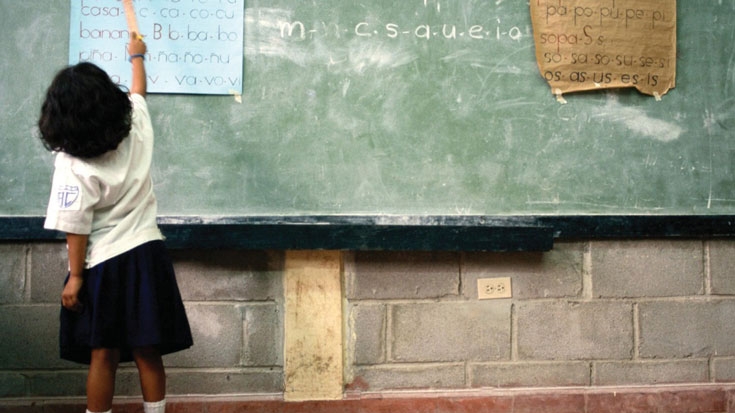CHALLENGE
A large share of public resources devoted to the wage bill and the weaknesses in tax administration have been undermining Honduras’s growth potential. Achieving a fiscally sustainable wage bill remains a crucial challenge for the public administration. Increases in teachers’ salaries together with the creation of new posts, pushed the wage bill from 9.3 percent of GDP in 2008 to 10.9 percent in 2009 and 10.7 percent in 2010—or about 75 percent of tax revenues. The decline in tax revenue reflected continuing tax exemptions, weak revenue administration, the expiration of tax measures adopted in 2010, and a Supreme Court ruling against changes to the income tax from 2011.
SOLUTION
In this context, the First Programmatic Reduc- ing Vulnerabilities for Growth Development Policy Credit supported the reform effort towards enhancing fiscal sustainability and improving tax administration through approving a registry of large taxpayers and strengthening the large taxpayer unit within the Tax Administration Agency. The project was a regular budget support operation, prepared to support key elements of the Government’s Country Partnership Strategy.In particular the project supported the violence prevention strategy and inter-institutional coordination mechanism of the citizen security policy.

